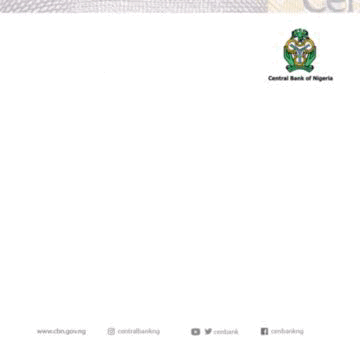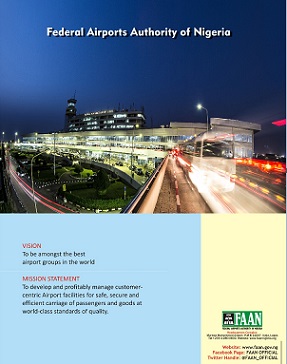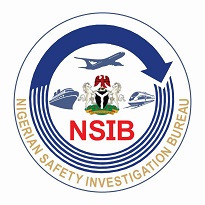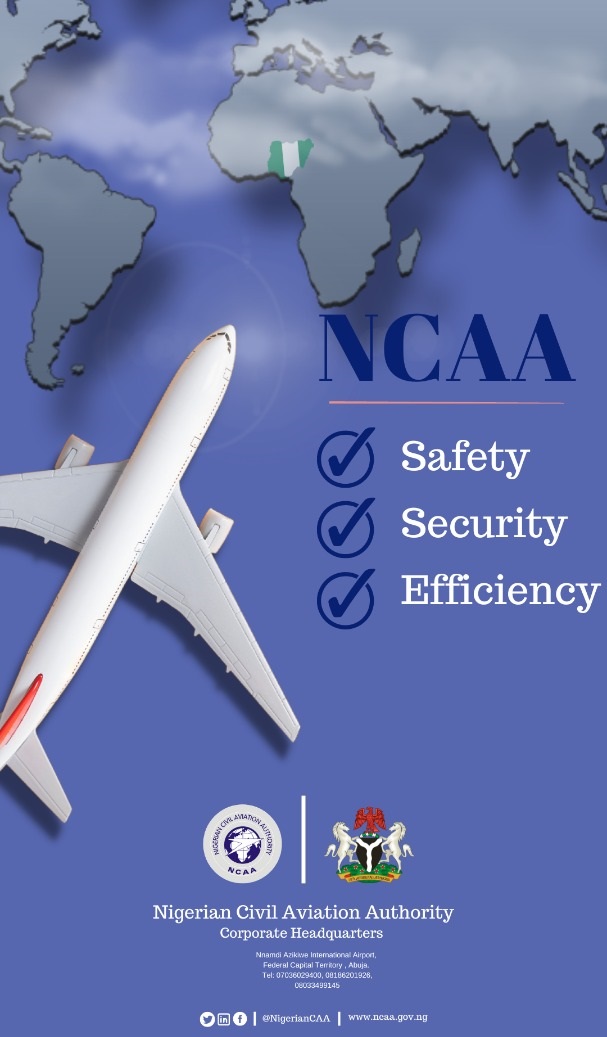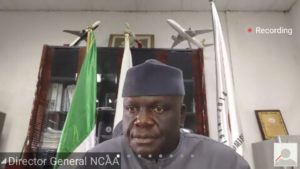
Explains relationship between the regulatory body, Ministry of Aviation
Nigerian Civil Aviation Authority (NCAA) has not lost its autonomy to the Ministry of Aviation but it has working relationship with the ministry to ensure that the policy developed for the industry are well regulated.
This disclosure was made by the Director General of NCAA, Captain Musa Nuhu to put to rest the claims in some quarters that NCAA has lost its autonomy to the Ministry of Aviation.
Nuhu made the statement while answering questions from aviation journalists during a gateway forum organized by League of Airport and Aviation Correspondents (LAAC) during webinar.
The Chief Executive Officer of NCAA who said his agency has not lost its regulatory autonomy to the Ministry of Aviation explained that since the Ministry is responsible for the development of policy to be regulated by NCAA on the industry, affirmed that NCAA cannot avoid to detach itself from the ministry.
He also added that since some of the policies to be implemented need political support which could be provided by the ministry, the agency has to have a strong relationship with the ministry without compromising standards.
“NCAA has autonomy in terms of regulations but NCAA cannot totally remove itself from the ministry of aviation. The ministry is responsible for policy development for the industry and we implement those policies through our regulations. So we must have a line of communication and consultations with the ministry and also if you look at the organizational structure of NCAA, we have the Minister, the board and then the DG, so we cannot totally isolate ourselves from the ministry but l can assure you in term of implementing regulations and otherwise, NCAA is the only body that is doing that and we are doing that without sort of interference with the ministry. There are some regulations that without the political support of the ministry, it will be very difficult to implement those regulations,” he affirmed.
Nuhu insisted that the practice in the past where NCAA would be forced to reverse is action because of political interference no longer obtainable because of the support the given by the Minister of Aviation.
“In the past, when aircraft are grounded, big men went over above the ministry, they even went to the Villa and they have those decisions taken by NCAA reversed, but this time around, it is not so. We implement our regulations irrespective of who is involved and the support of the minister, the political support has made our life easier within our regulations. So anybody that want us to divorce completely from the ministry is not being realistic, it is ministry of aviation. Aviation goes beyond NCAA,” he explained further.
Notwithstanding the independence it enjoys at implementating the regulations NCAA must maintain some relationship with the ministry.
“We have other public service providers like FAAN, NAMA, NIMET, AIB, NCAT, then the private sector, airline operators, ground handlers; all under the ministry, we regulate them, so there have some connection between us and the ministry, you cannot say because we are independent in implementing regulations, we mustn’t have some relationship with the ministry. It happens everywhere in the world. In the United States, the Federal Aviation Administration (FAA) has some connection with the Department of Transportation. What is important is for the regulatory body to be able to do its statutory responsibilities of effective oversight of the system without interference and that we are doing,” the DG insisted.
On the economic health of airlines in the country Nuhu who affirmed that there are so many other issues that affect the financial health of airlines which are neither in the control of the ministry of aviation nor in the NCAA however insisted that these issues are not peculiar to Nigerian situation alone but global even as he regretted that the situation has been worsened by the COVID-19 pandemic.
He said, “The airlines not only in Nigeria, it is a global thing. In the airline industry, the profit margin is very minimal, if you make five percent profit margin in the business, you are considered to have done excellently well, but however, with the Covid-19 and the difficulties, airlines financial positions are not the best, it is a global phenomenon and there are so many other issues that affect the financial health of airlines that is neither in the control of the ministry of aviation nor in the control of the civil aviation regulatory body. For instance, the provision of foreign exchange, it doesn’t come from us. If a country’s foreign earning goes down, the central bank prioritises, and you can understand due to the lack of maintenance organisations in Nigeria, pilot recurrent training institutions in Nigeria, they have to go outside to do these and that entails a lot of foreign currencies, so it is not easy. Also is Jet A1, that is a major factor that airlines have been having difficulties with, sometime we see it as induced scarcity and escalatory price, so there are factors that affect the health of the airlines that are not in our direct control. The ministry has tried; it went to the central bank when this government came on board, Nigeria owed foreign airlines about 600 million dollars in arrears, the minister through consultations was able to get that off our back and all the foreign airlines were paid. We visited the Nigeria National Petroleum Corporation (NNPC) to see what kind of arrangement can be made for the production of Jet A1 and in addition, interest rate, when airlines go borrowing at a very high interest rate which we know is very high in Nigeria. If my profit margin is 5%, explain to me if l takes a loan at 20%, how I can break even and pay them and make profit. These are the micro and macro factors that affect the health of the airlines.”
He however said that the agency is undergoing restructuring so that it would be able to carry out the financial audits of the airlines so that it would be able to offer advice where necessary.
According to the Director General, “We try through our economic regulations to do the financial audits of the airlines and advise them where we see areas of economic difficulties and see how they can be tackled. One of the thing we are doing we want to really strengthen the function of the economic regulation through more training of the staff of the directorate. As you are aware, we are having some restructuring going on, it is to reposition the regulatory body to able to carry out its responsibilities in a more effective and efficient manner.”



